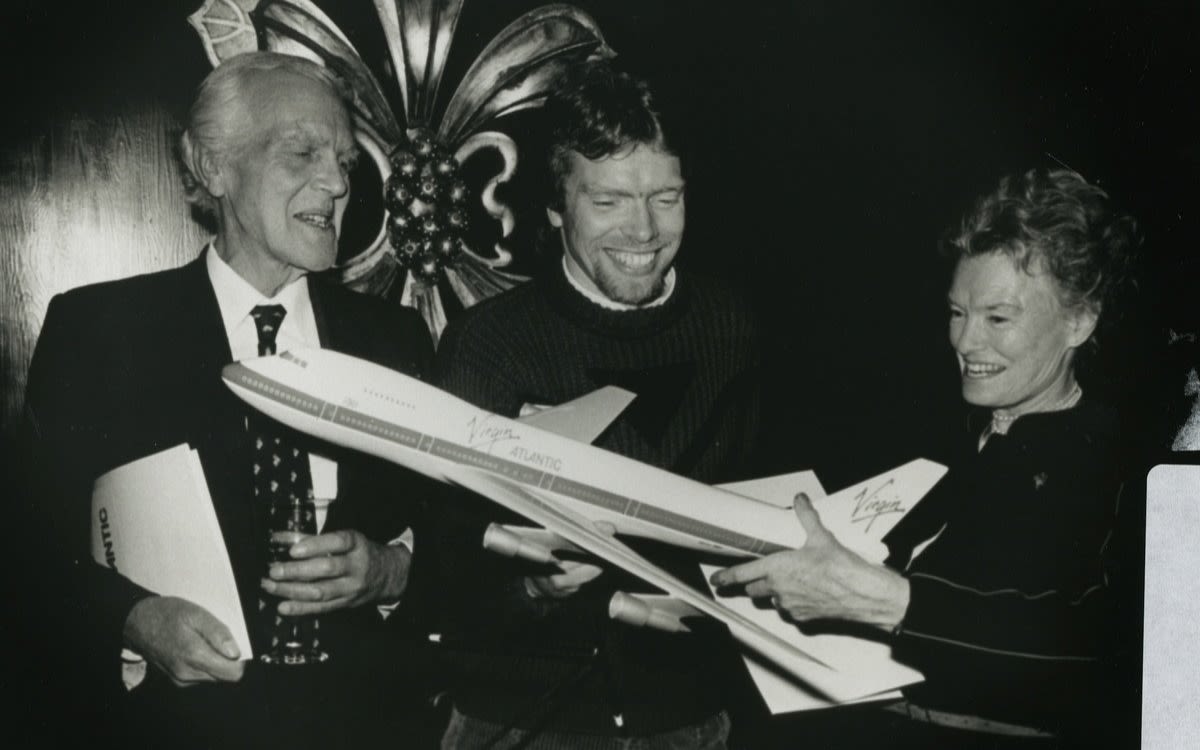Richard Branson: How to start a business with no experience
Is it a requirement to have experience of the industry in which you’re setting up a business? Not at all, argues Richard Branson, just create something different…
"Think about changes you’d like to see as a customer – even if you’ve just noticed little details that need tweaking. Those little changes may add up to a big idea that leads to a new and truly disruptive product or service. This is essentially how we, at Virgin, launched our first successful businesses," explains the Virgin Group founder in a recent blog post.
"We were very sensible when we started out, setting up connected enterprises like most other companies do. We went from running a small record shop to starting up a record label with recording studios and then added our large music megastores to our portfolio."
"Though we were music fans, we knew little or nothing about any of those businesses. But we learned that this wasn’t necessarily a drawback. We were young and stubborn, and we liked to do things our own way; paradoxically, our enterprises thrived as a result."
In the early days of Virgin Records, a lack of insider knowledge of the music industry was countered by the idea of inviting potential customers to spend hours in a cool shop listening to their favourite music. The vision was to not just treat people like consumers.
This way of doing things differently was also central in the creation of Virgin Atlantic. "I took the same approach: I knew nothing about air travel, but as I’d flown back and forth from Britain to the United States on business for Virgin Records, I’d become convinced that there had to be a better way. The prices were high and the service was dreadful," Branson recalls.
Again, with no knowledge of the industry but plenty of ideas as to how the customer experience could be improved, Virgin Atlantic was born and proved its critics wrong.
"We succeeded because we didn’t just create another "me too" airline, but took the same creative, customer-focused approach we had with our music businesses. We added all kinds of little service extras, the greatest of which was hiring cabin crew members who were actually nice to passengers – a detail that our competitors had overlooked!"
It was this same thinking that led to Virgin Mobile allowing customers to buy SIM cards without a phone. "We believed that we could improve the service and the value offered to mobile customers in Britain, so we did."
Creating a business with no experience in that field needn’t hold you back, there’s always the opportunity to hire those who know more about an area than you, explains Branson.
"These days, when we sail into uncharted waters, we try to hire CEOs and management team members who have worked in the industry and who know what to avoid. Such people frequently join us from a dominant player in the sector, where their ideas and ambitions were stifled by practices that are hierarchical, blinkered and focused on the bottom line.
"We look for people who want to bring radical change to an industry, give them the freedom to get creative and the backing of our brand, and then we step back and watch them fly. People often remark to me that it’s great how Virgin thinks outside the box. They are genuinely surprised when I tell them, "Actually we don’t! We just never let the box get built in the first place."

